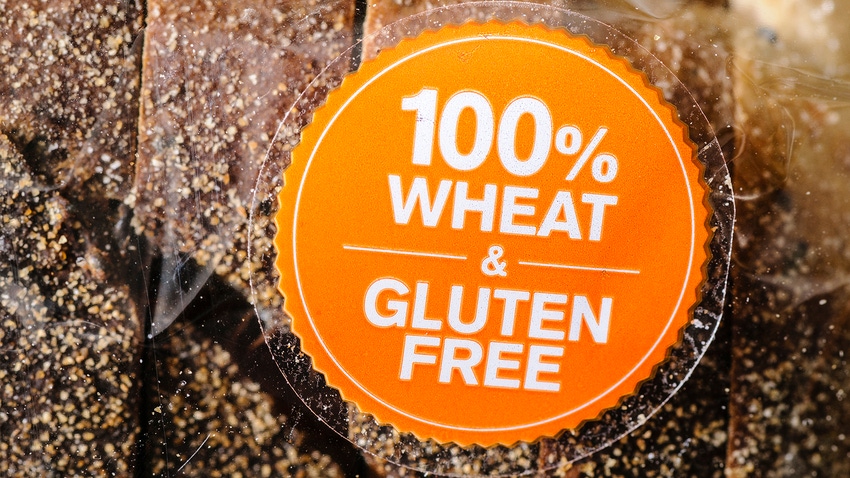Rising food allergies prompt stringent FDA regulations on allergen labeling
Despite widespread use of major allergens in food products, mislabeling or contamination with undeclared allergens is an infrequent occurrence, a food safety expert contends.

At a Glance
- Food allergies in the U.S. have significantly increased, prompting regulatory measures to address accurate allergen labeling.
- FDA requires food manufacturers to adhere to specific allergen labeling requirements, including identifying major allergens.
- Despite proper labeling, accidental contamination with undeclared allergens remains the top reason for food recalls.
Food allergies have become drastically more prevalent in recent years. According to the Food Allergy Research & Education (FARE), 33 million Americans have food allergies. Between 2007 and 2016, diagnoses of anaphylactic food reactions increased a whopping 377%, FARE reported.
Requirements for food allergen labeling were initiated by Congress with the passing of the Food Allergen Labeling and Consumer Protection Act of 2004. As part of its initial legislation, Congress identified eight “major” food allergens: milk, eggs, fish, crustacean, shellfish, tree nuts, peanuts, wheat and soybeans.
“At that time, about 90% of food allergies in the U.S. were due to those eight foods,” Hilary Thesmar, Ph.D., RD, CFS, chief food and product safety officer and SVP of food safety at The Food Industry Association (FMI), explained. “Congress directed FDA to come up with food labeling for allergens so that food-allergic consumers would be informed and be able to make appropriate decisions [to] protect their health.”
In January 2023, sesame was added to the list of major allergens as part of the Food Allergy Safety, Treatment, Education and Research (FASTER) Act.
Foods containing any of the nine major food allergens must adhere to specific food allergen regulatory requirements dictated by the Food and Drug Administration (FDA), including labeling and manufacturing requirements.
The food allergen labeling landscape
In the retail food landscape, food allergens are “very common,” according to Thesmar.
“The food allergens themselves, the protein that causes food allergy in food-allergic consumers, are in some of the most common foods,” she said.
Despite widespread use of major allergens in food products, mislabeling or contamination with undeclared allergens is an infrequent occurrence.
“Most foods are labeled properly,” Thesmar explained. “They don’t have undeclared allergens in the products and don’t cause issues for consumers. When we’re looking at the entirety of the food industry, the prevalence is low.”
Allergens, however, become a concern within “a subset of that where a problem has been identified:” recalls, according to Thesmar.
Undeclared allergens on the label is the No. 1 reason for recalls from FDA-regulated products in recent years. In 2022, undeclared allergens prompted 59 food and beverage product recalls, representing 45% of all food recalls and claiming the spot as the top reason for food and beverage recalls.
“When we look at the subset of when things do go wrong, allergen labeling and mislabeling is a very common reason for that product to be pulled from the market [and] identified as being noncompliant with regulations,” Thesmar said.
Despite this, she said “the vast majority” of companies are aware of allergen labeling requirements, and they take the necessary steps to comply with regulations and protect consumers.
“They owe their customers accurate information in order to help keep them safe and healthy,” Thesmar noted. Plus, “it’s the law.”
About the Author(s)
You May Also Like






